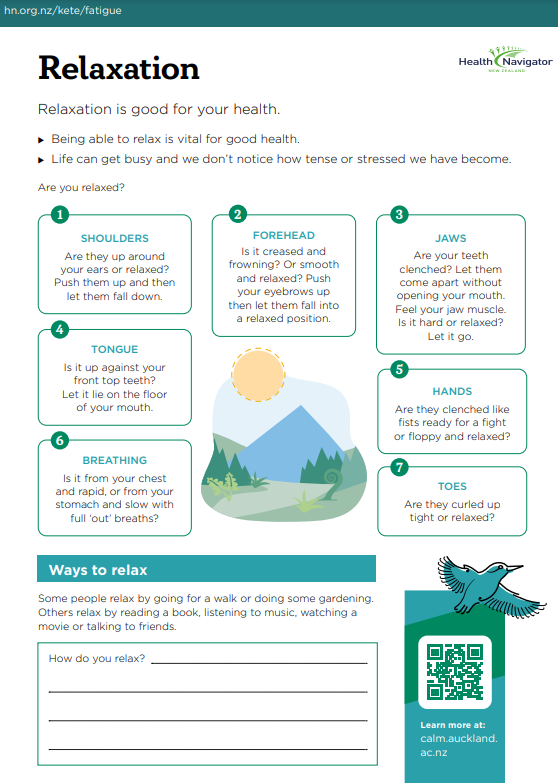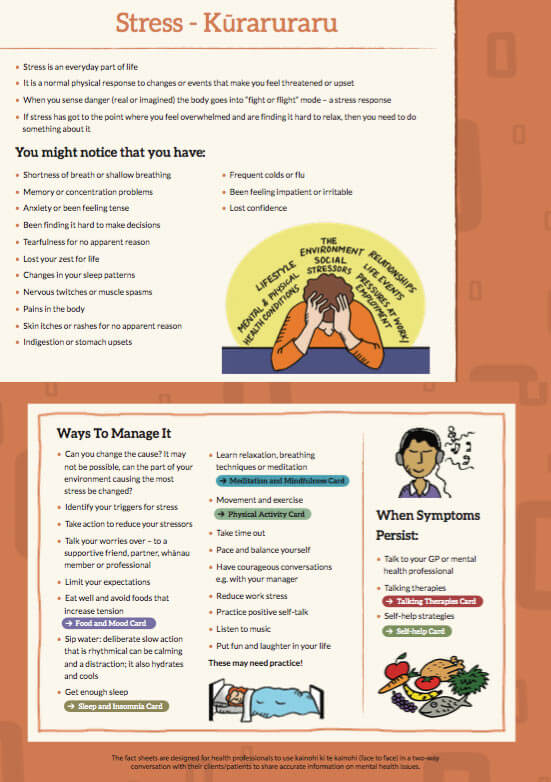More and more people are experiencing stress at work. It’s often related to a high workload, but it can occur for other reasons, such as:
- long hours
- the threat of job loss or redundancy
- the work tasks themselves
- workplace bullying
- not having enough social support
- harassment
- conflicts with other workers or bosses
- increasingly blurred lines between work and non-work hours.
Ongoing work-related stress may lead to mental health problems. A New Zealand study found that young people exposed to high job demands (excessive workload, extreme time pressures) had twice the risk of depression or anxiety compared to those who felt they had low job demands.
Ongoing stress may also lead to other health conditions such as chronic headaches or heart disease. This can be because of changes in your body or poor lifestyle habits used to cope with stress, such as overeating, drinking alcohol or using drugs.
Your employer has responsibilities related to your health and safety at work and may provide you with sick leave if you have work-related stress.
There are things you can do at work and at home to help you manage your work-related stress.










